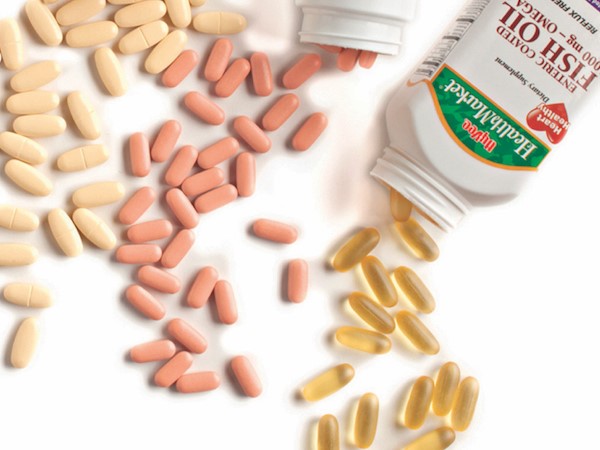Description
Fish oil supplements contain important essential nutrients known as omega-3 fatty acids. Essential nutrients are compounds that the body can't make on its own, which is why we must consume them through food or supplements.
Omega-3 fatty acids are found in a number of foods, including fish such as salmon, mackerel, and sardines, as well as walnuts, chia seeds, and flaxseeds. Most people can get enough by eating seafood twice a week. However, if you don't think you're consuming enough omega-3s, a fish oil supplement may be beneficial. Here's what you should know to determine if they're worth it for you.
Benefits
There are different types of omega-3s. EPA, DHA, and ALA. The first two are the ones found in omega-3 rich seafood, and they're also the most beneficial for health. EPA and DHA are said to lower triglycerides and bad cholesterol.
In case you're wondering ... EPA stands for eicosapentaenoic acid; DHA stands for docosahexaenoic acid; and ALA stands for alpha-linolenic acid. (That's why we use abbreviations.)
Dosage
Chat with your Hy-Vee pharmacist first before taking fish oil, especially if you are taking a blood thinner such as warfarin. An appropriate dose of fish oil is 4 grams per day all at once or divided into two doses. If you find that it upsets your stomach, try taking it with food.
Considerations
Do not take fish oil supplements if you are sensitive or allergic to fish or shellfish. And remember, for the most heart-healthy benefits, fish oil supplements should be used along with diet therapy and exercise. Your Hy-Vee registered dietitian or pharmacist would be happy to answer any questions.

